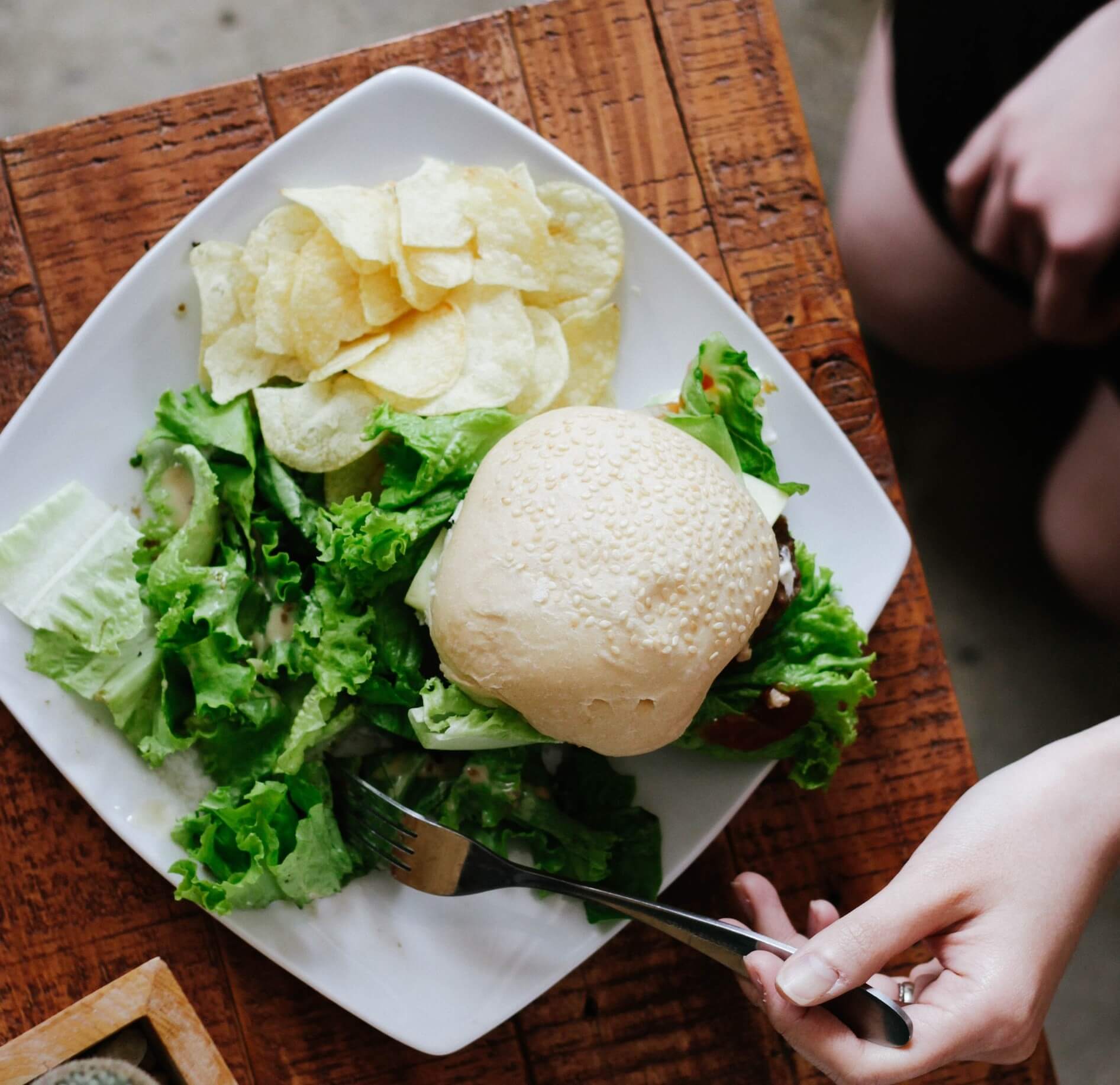Advertisement


If you’re looking to improve your health and well-being, switching to a plant-based diet may be the way to go. A vegan diet consists of fruits, vegetables, grains, and legumes, and eliminates all animal products, including meat, dairy, and eggs. By adopting a plant-based diet, you can reduce your risk of chronic diseases, improve your digestion, and boost your energy levels.
Research has shown that plant-based diets are associated with a lower risk of heart disease, diabetes, and certain types of cancer. By consuming a variety of fruits and vegetables, you’ll get all the essential vitamins and minerals your body needs, without the added saturated fats and cholesterol that come from animal products. Additionally, plant-based diets are high in fiber, which can improve your digestion and help you maintain a healthy weight.
Going vegan may seem daunting at first, but with the right resources and support, it can be a simple and enjoyable transition. Incorporating more plant-based meals into your diet, experimenting with new recipes, and finding vegan alternatives to your favorite foods are all great ways to start. With time, you’ll discover the many benefits of a plant-based diet and how it can improve your overall health and well-being.
If you’re looking for a way to improve your health, reduce your environmental impact, and live a more ethical and compassionate lifestyle, a plant-based diet may be the answer. Here are some reasons why:
Switching to a plant-based diet can offer a wide range of health benefits, including:
By eliminating animal products from your diet and focusing on whole, plant-based foods, you can provide your body with the nutrients it needs to thrive.
Choosing a plant-based diet can also have a positive impact on the environment. Animal agriculture is a major contributor to deforestation, greenhouse gas emissions, and water pollution. By reducing your consumption of animal products, you can help to:
Choosing plant-based foods can also reduce the amount of waste and packaging associated with animal products, further reducing your environmental impact.
For many people, choosing a plant-based diet is also a way to live a more ethical and compassionate lifestyle. By avoiding animal products, you can help to:
Choosing plant-based foods can also align with your personal values and beliefs, allowing you to live a more authentic and fulfilling life.
If you’re interested in transitioning to a plant-based diet, there are a few different approaches you can take. Some people prefer to make the switch gradually, while others prefer to go cold turkey. Here are some tips to help you make the transition:
If you’re not quite ready to go all-in on a plant-based diet, a gradual transition may be the way to go. Here are some steps you can take:
If you’re ready to make a more drastic change, a cold-turkey transition may be the way to go. Here are some tips:
Remember, everyone’s journey to a plant-based diet is different. What works for one person may not work for another. The most important thing is to listen to your body and do what feels right for you.
Transitioning to a plant-based diet can be overwhelming at first, but with proper planning, it can be a simple and enjoyable lifestyle change. Here are some tips for ensuring you are getting all the essential nutrients and protein your body needs:
When eliminating animal products from your diet, it is important to make sure you are still getting all the essential nutrients your body needs. Some key nutrients to pay attention to include:
Protein: Plant-based sources of protein include beans, lentils, tofu, tempeh, nuts, and seeds.
Iron: Dark leafy greens, lentils, tofu, and quinoa are all great sources of iron.
Calcium: Calcium can be found in leafy greens, fortified plant milks, and fortified tofu.
Vitamin B12: Vitamin B12 is primarily found in animal products, so it is important to supplement or consume fortified foods such as plant milks, breakfast cereals, and nutritional yeast.
Omega-3 fatty acids: Flaxseeds, chia seeds, and walnuts are all great sources of omega-3 fatty acids.
Plant-based sources of protein can be just as satisfying and delicious as animal-based sources. Here are some great options:
| Food | Protein (per 100g) |
| Lentils | 9g |
| Chickpeas | 7.3g |
| Tofu | 8g |
| Tempeh | 19g |
| Almonds | 21g |
| Peanut Butter | 25g |
Meal planning can help ensure you are getting all the nutrients you need and can also save you time and money. Here are some tips:
Going vegan can be challenging when it comes to social situations. You may feel like an outsider at first, but remember that you are making a positive change for your health and the environment. Here are some tips to help you navigate social situations:
Cravings for non-vegan foods may arise when you first switch to a plant-based diet. Here are some solutions:
Eating out can be a challenge when you are vegan, but it is possible to find vegan options at most restaurants. Here are some tips:
By now, you should have a good understanding of the benefits of a plant-based diet and how to make the transition to a vegan lifestyle. Remember, the key is to start slow and make gradual changes to your diet. You don’t have to go vegan overnight, but every small step you take will make a difference.
Switching to a plant-based diet can have numerous health benefits, including lower risk of heart disease, diabetes, and certain types of cancer. It can also help you maintain a healthy weight and improve your overall energy levels. Plus, by choosing to eat a vegan diet, you’re helping to reduce your environmental impact and support animal welfare.
Advertisement

Advertisement

-Advertisement-